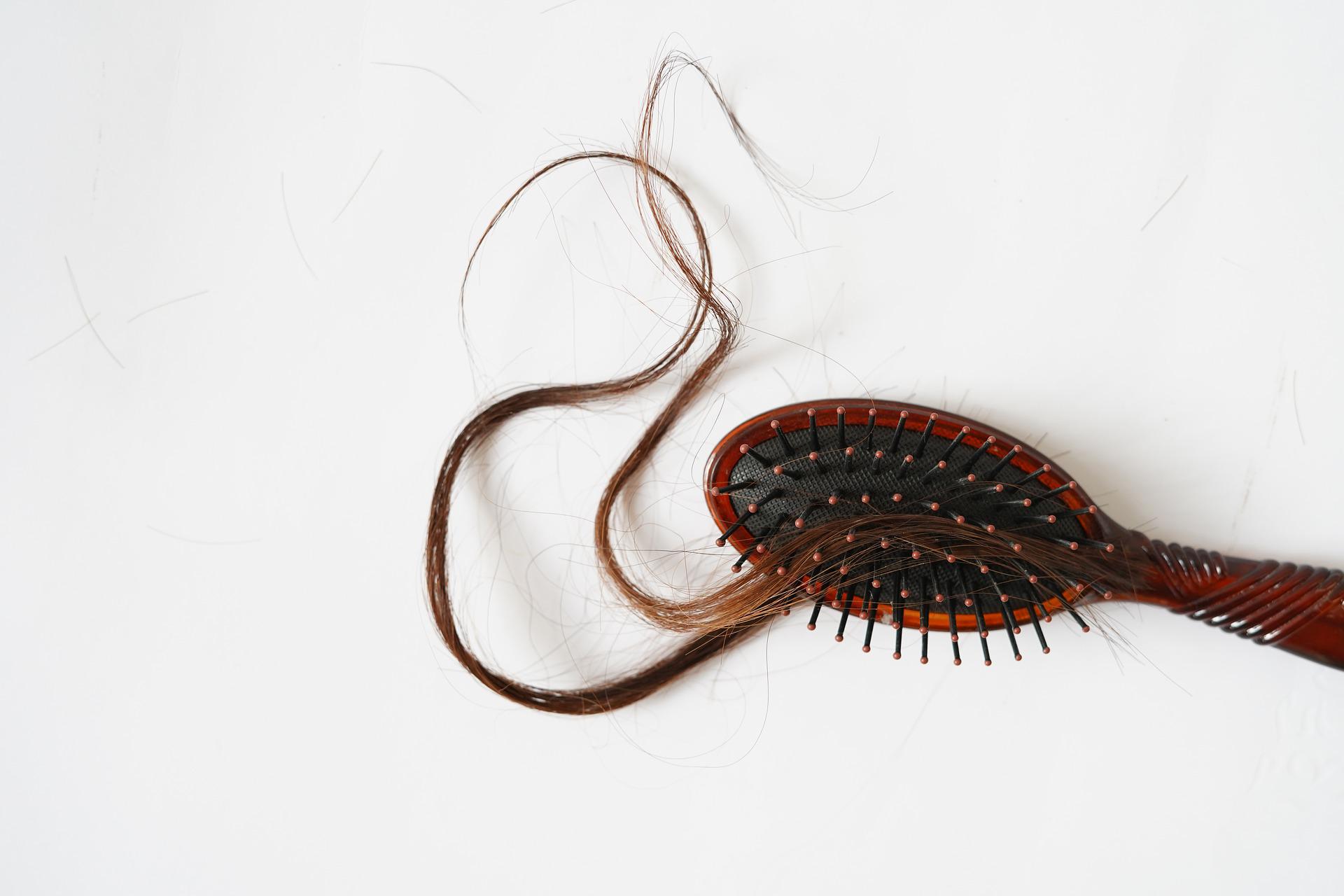Hair loss in women
Certainly, there is no hair more beautiful than thick hair, and for this reason we see many women always looking for ways that contribute to obtaining thick and long hair, which in its beauty reflects its health, and the health of the body from the inside as well, but unfortunately the problem of hair loss that most suffers from appears Women are among them, to constitute an obstacle that worries many of them.
General tips for treating the problem of hair loss
There are many things that must be followed to prevent or treat the problem of hair loss, including: Reducing the use of hair dryers.
Minimize the use of hairdressers that straighten it, or frizz it. Avoid using hair dyes or other chemicals.
Avoid Bleaching hair.
Avoid lifting the hair, or combing it in a way that makes it too tight.
Choose a shampoo that matches your hair type to wash it.
Use a comb, or a good-quality brush for hair.
Scalp massage.
Eat a healthy, balanced diet that contains iron, protein, vitamin C, omega-3 fatty acid, and biotin.
Take some nutritional supplements after consulting a specialist.
Foods that treat the problem of hair loss
There are many types of foods that help treat the problem of hair loss, and keep it healthy and beautiful, including:
spinach.
Sunflower seeds.
Salmon fish.
beetroot oats; Chicken meat.
Sweet red pepper.
eggs.
lentils; oysters; Minced meat is low in fat.
Low fat poultry.
barley.
Seeds, nuts.
Halibut fish.
Causes of hair loss
There are many factors that cause the problem of hair loss in women, including:
Environmental influences that surround women. aging.
Lots of stress and tension.
Excessive smoking.
Nutritional deficiency.
An imbalance in the hormones.
Genetic factors.
Scalp infections.
Using the wrong products, which are harmful to the hair, or those that contain large amounts of dangerous chemicals.
Taking some types of medications that may have some side effects that can cause hair loss.
Having some medical conditions such as thyroid disorder, autoimmune diseases, polycystic ovary syndrome, anemia, or some chronic diseases.










